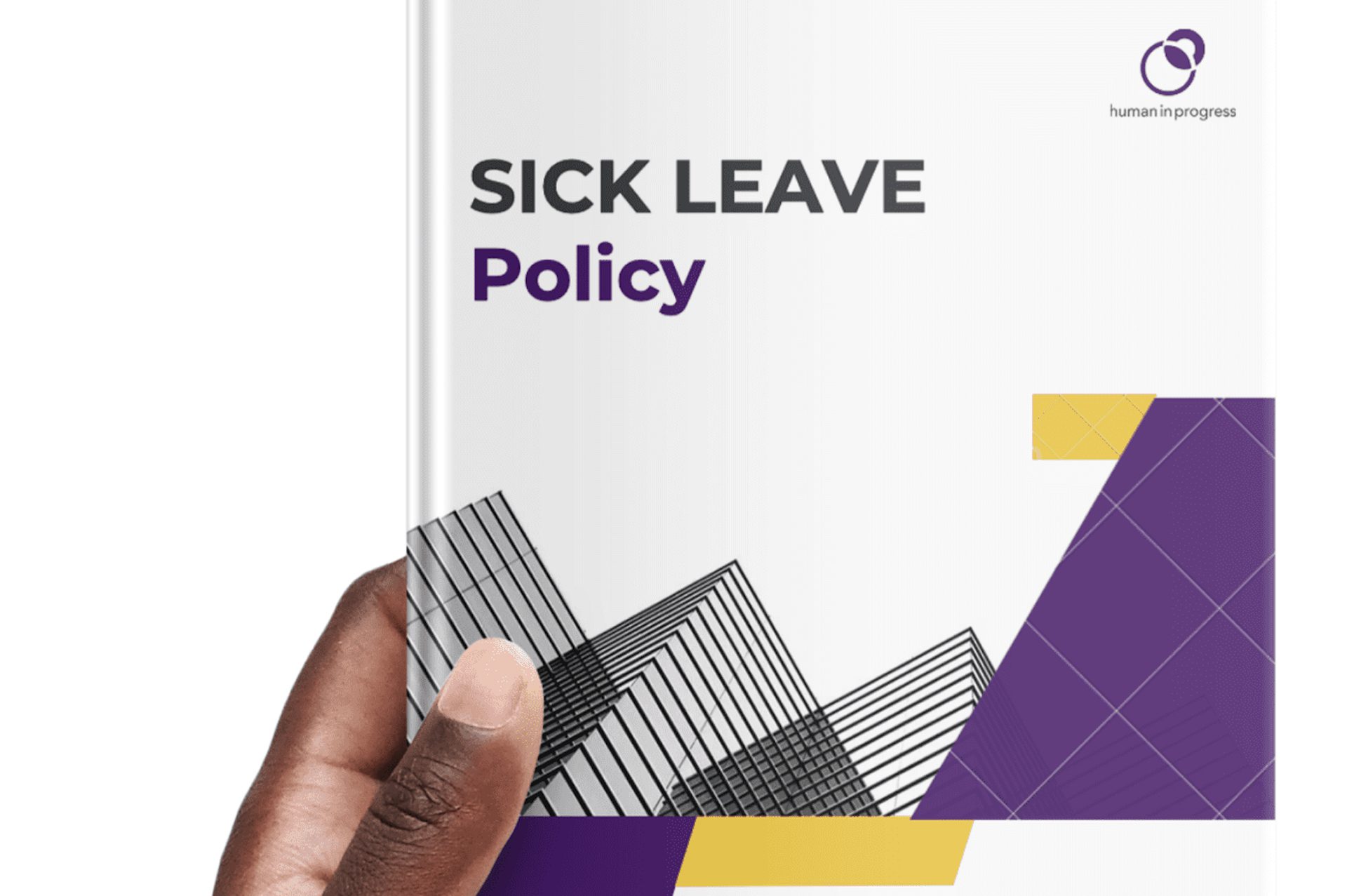In the Netherlands, employees who use their personal vehicles (car, motorcycle or bicycle) for work-related travel often receive compensation in the form of a Mileage (commuting) Allowance per kilometre.
Annually, the Dutch government establishes standard mileage rates, serving as the foundation for employer reimbursements to employees. The allowance per kilometre [reiskostenvergoeding] is a tax free ruling within Dutch legislation.
Table of Contents
Tax Fee Mileage Allowance
While the government sets the maximum tax-free mileage allowance, it is up to the employers’ discretion whether to apply it. This means that companies can choose to reimburse their employees the maximum tax-free rate, or to apply a lower or higher rate.
Employees will then have the option to enrol for a Home-to-Work Mileage Allowance, facilitating daily commutes between their residences and workplaces and vice versa. The distance covered is typically calculated along the most common route between home and workplace.
While the allowance is not mandated by law, processing the reimbursement via payroll is obligatory according to Dutch tax regulations. This reimbursement cannot be facilitated through expense systems like Concur.
The allowance has become an integral part of employee compensation packages, providing a mechanism for fair reimbursement for commuting related expenses.
The allowance does not apply to employees who have a public transport card or a company car paid by the company.
2024 Mileage Allowance
In 2023, the Mileage Allowance for travel between home and work, and vice versa, stood at 0.21 euro cents per kilometre.
However, as of January 2024, this rate has been revised upward to 0.23 euro cents per kilometre.
Mileage Allowance Calculation
The employer has two options:
1. Calculating actual costs based on the kilometres traveled on days when the employee travels for work.
To implement this, employers need to establish an administration system where, before the cut-off date of the payroll for the previous month, employees provide the details of their actual days traveled to the office.
2. Agreeing upon a fixed fee with the employee. The law outlines the 128/214-day scheme for this purpose.
Under this scheme, the employee who commutes to a fixed workplace for at least 128 days in a calendar year may receive an allowance as if they traveled 214 days.
Note: A ‘fixed workplace’ refers to an address visited by the employee at least 40 times per calendar year.
If the employee does not work full-time, the 128/214-day scheme is adjusted proportionately to the number of days worked by the employee.
More Information
As transportation trends and regulations continue to evolve, it is likely that the mileage allowance system in the Netherlands will also undergo further changes to adapt to the needs of employees and employers alike.
However, the fundamental goal of providing fair compensation for the travel expenses remains unchanged.
Read more about the Mandatory Carbon Reporting Employee Commuting and Business Travel.




